Regional cooperation and action is needed – Sustainable circular food systems contribute to tackling climate change
The circular economy involves a number of tools and complex systems for making the food supply more sustainable, which is one of the most effective things we can do to tackle climate change and rebuild biodiversity. The third Circular Economy Summit, held on 26 November 2020, focused on food and biodiversity and provided a number of corporate and start-up examples of the circular economy and an overview of international processes.
Today, the Circular Economy Platform, which was established at the initiative of the Hungarian Business Council for Sustainable Development (BCSDH), the Dutch Embassy and the Ministry of Innovation and Technology, consists of 88 members. These institutions have highlighted knowledge-sharing, collaboration, and immediate action as the platform’s most important tasks.
As the world’s population continues to grow, age, and urbanize, climate change is occurring much more strongly and rapidly than many thought it would; biodiversity is also declining at a faster rate than at any previous time in human history, yet the risks associated with changes in nature are still underestimated in business decision-making.
 „The extraordinary challenges, the uncertainty, have put significant pressure on leaders to make immediate, short-term decisions that help deal with the pandemic. However, it is critical that such short-term measures and the post-pandemic economic crisis do not overshadow the need to deal with issues such as climate change or sustainability, and that critical long-term decisions on which our future depends are taken as soon as possible.” – highlighted Attila Chikán Jr, president of BCSDH. „The pandemic has shown that we are able to have an impact on climate change, but also that this can only be achieved at the cost of significant sacrifice. Initiatives such as the UN’s Race to Zero program designed to foster climate neutrality, and the European Green New Deal are of vital importance. One very essential component of this activity is the transition to a circular economy. The business sector is playing a key role in these initiatives: it is thus time to take action.” – he added.
„The extraordinary challenges, the uncertainty, have put significant pressure on leaders to make immediate, short-term decisions that help deal with the pandemic. However, it is critical that such short-term measures and the post-pandemic economic crisis do not overshadow the need to deal with issues such as climate change or sustainability, and that critical long-term decisions on which our future depends are taken as soon as possible.” – highlighted Attila Chikán Jr, president of BCSDH. „The pandemic has shown that we are able to have an impact on climate change, but also that this can only be achieved at the cost of significant sacrifice. Initiatives such as the UN’s Race to Zero program designed to foster climate neutrality, and the European Green New Deal are of vital importance. One very essential component of this activity is the transition to a circular economy. The business sector is playing a key role in these initiatives: it is thus time to take action.” – he added.
New government regulations, including food waste management, are one of the keys to creating circular food systems and sustainable agro-financing, while new innovative corporate solutions that involve the implementation of circular farming can also help in the process.
 „Circular economic goals can only be achieved with the active participation of the actors involved. In order to generate interest, we need to create conditions that help economic actors to embark on this new path to become interested in learning and applying the new approach. The Ministry of Innovation and Technology, as a founding member of the Circular Economy Platform, aims to better understand the interests of economic actors when transposing legislation setting circular economic objectives.” – highlighted Ferenc Hizó, deputy state secretary, Ministry for Innovation and Technology in his speech. „The vision of our medium-term National Waste Management Strategy, which is currently being prepared, is to make the Hungarian waste management sector one of the exemplary models of the circular economy in Europe. The measures we are planning aim to develop a waste management infrastructure that ensures the efficient use of state resources and increases the competitiveness of the waste management sector. This can benefit all actors in the sector and is expected to have a positive impact on investment in the sector.” – he added.
„Circular economic goals can only be achieved with the active participation of the actors involved. In order to generate interest, we need to create conditions that help economic actors to embark on this new path to become interested in learning and applying the new approach. The Ministry of Innovation and Technology, as a founding member of the Circular Economy Platform, aims to better understand the interests of economic actors when transposing legislation setting circular economic objectives.” – highlighted Ferenc Hizó, deputy state secretary, Ministry for Innovation and Technology in his speech. „The vision of our medium-term National Waste Management Strategy, which is currently being prepared, is to make the Hungarian waste management sector one of the exemplary models of the circular economy in Europe. The measures we are planning aim to develop a waste management infrastructure that ensures the efficient use of state resources and increases the competitiveness of the waste management sector. This can benefit all actors in the sector and is expected to have a positive impact on investment in the sector.” – he added.
 The guest speaker at the Circular Economy Summit was Christian van MAAREN, founder of the exemplary Dutch Excess Materials Exchange, which supports the secondary market for wastes and surpluses. In addition to learning about a number of international and domestic examples, including corporate and start-up solutions, the Slovak Circular Platform was introduced to provide an overview of similar processes in the Visegrad countries.
The guest speaker at the Circular Economy Summit was Christian van MAAREN, founder of the exemplary Dutch Excess Materials Exchange, which supports the secondary market for wastes and surpluses. In addition to learning about a number of international and domestic examples, including corporate and start-up solutions, the Slovak Circular Platform was introduced to provide an overview of similar processes in the Visegrad countries.
“We need a truly green and fair transition toward zero emission. We must ‘Build back better’ in order: To make sure that the EU and its member states converge to the highest levels of competitiveness. To strengthen the EU’s geopolitical and economic standing in the world, backed up by strong member states. To be global leaders in standing up for our EU values, transparency and free competition based on the rule of law.” – added René van Hell, ambassador of Embassy of the Kingdom of the Netherlands.
 „The circular economy offers a systemic answer to the climate crisis and as such is an important solution towards limiting global warming as close as possible to 1.5°C. ING as a bank have to value differently, treat risk differently, and finance differently when it comes to the circular economy.” – said Bodor Tibor, Country Manager of ING Wholesale Banking Hungary in his speech, as one of the hosts of the conference.
„The circular economy offers a systemic answer to the climate crisis and as such is an important solution towards limiting global warming as close as possible to 1.5°C. ING as a bank have to value differently, treat risk differently, and finance differently when it comes to the circular economy.” – said Bodor Tibor, Country Manager of ING Wholesale Banking Hungary in his speech, as one of the hosts of the conference.
Transitioning to a circular economy is a great business opportunity today. The core of the concept is not yet deeply understood by most companies, although the use of this model can increase the resilience of the world economy and facilitate the achievement of the Paris Climate Change Agreement and the United Nations Sustainable Development Goals. The circular economy could generate business opportunities worth $ 4.5 billion worldwide by 2030.
Thus, within the Circular Economy Platform’s highly successful webinar series, participants could benefit from insight from renowned experts about the theoretical and practical foundations of the circular economy, as well as details about the legal framework. Furthermore, they were able to learn about the latest circular business models and product design procedures through innovative international and domestic examples. The work continues, while the focus remains on knowledge-sharing, collaboration, and action.
****
Circular economy
According to the current so-called linear economic model, technical and biological components are extracted from nature, transformed, and are then disposed of without recycling.
In contrast, in the circular economic model metabolic processes are involved in a closed circle, waste is almost 100% recycled, and biological and technological components are returned to the cycle with minimum loss of quality.
Special thanks to our sponsors:
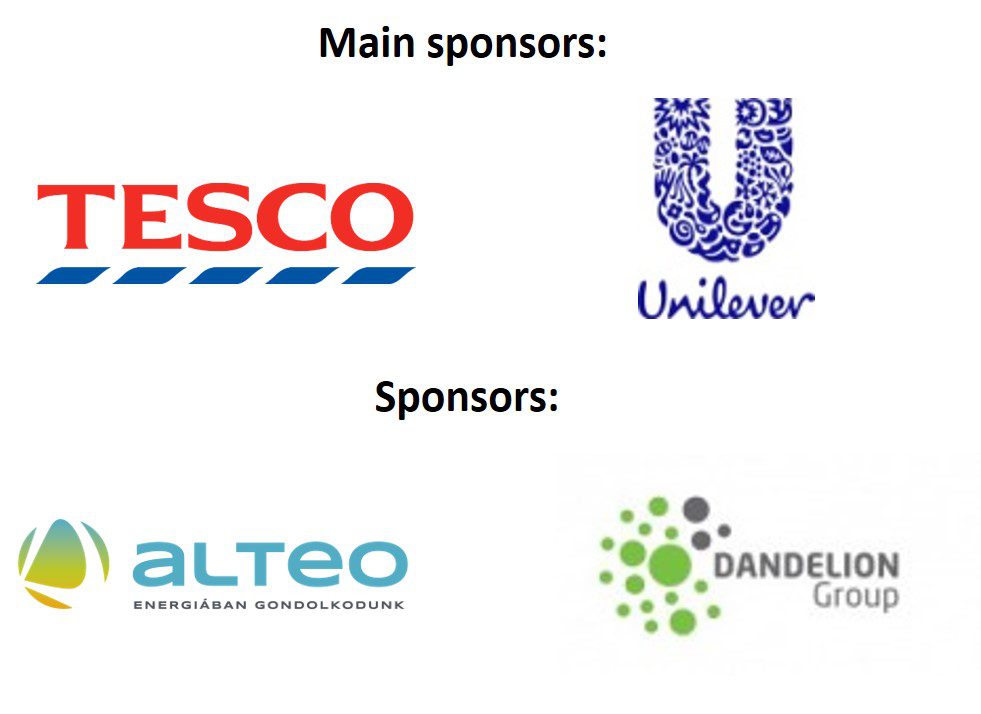



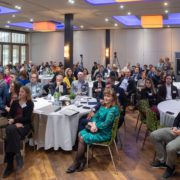

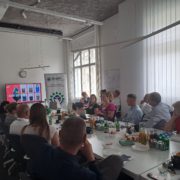
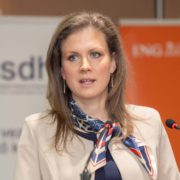
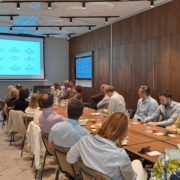


Leave a Reply
Want to join the discussion?Feel free to contribute!